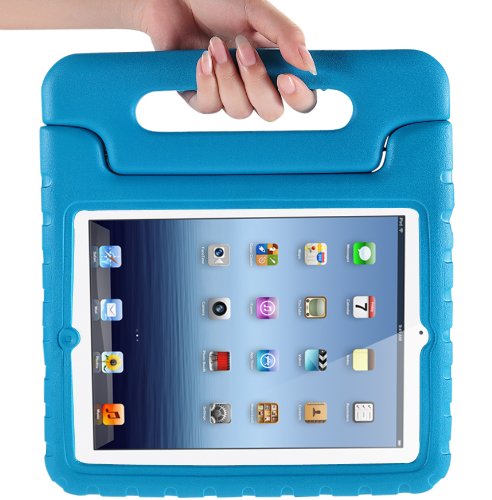Communicating with your child's teacher is vital to creating a strong home-school connection. Knowing how to communicate appropriately with the teacher is a huge part of ensuring that the communication is productive.
We have some tips for effective communication with teachers:
(1) Remote communication first
Figure out which remote form of communication works for your child's teacher, which is usually email. It is rare, but some teachers are better with calls. Simply ask your child's teacher how they prefer to communicate and stick with that style.
(2) Make plans for face-to-face
On behalf of all teachers: please, please, please, please don't drop by unannounced for an impromptu meeting. Unless this has been established as something your school culture allows, it will become an awkward situation for both you and the teacher. Use remote communication to make a time for a face-to-face check in.
(3) Respect the time before school
Before school is the absolute worst time to talk to a teacher. They are setting up for their day; finding various materials to use for lessons, replying to emails, catching up on staff memos and generally getting everything in order. It takes some preparation to be an excellent teacher, so give them that time to do their thing.
(4) Be aware of how much you're communicating
Think about your child's class size, and it will probably be somewhere between 15-35 kids. That's potentially up to 70 parents. If your child is in middle school or above, these teachers are potentially teaching hundreds of kids. That's a lot of emails! Your child's teacher will aim to reply to all of them ASAP, but keep in mind that might be difficult. On the flip side, you should be able to communicate about important events, and questions you may have. Don't shy away from communication entirely, as that is also ineffective.
(5) Have realistic expectations
Can the teacher ensure that your child eats their whole lunch? Maybe. Depending on your child's age, class size and specific dietary needs, this may or may not be realistic. Can the teacher make sure that your child isn't playing with a particular student? Maybe. Again, it depends on the reason. Can the teacher tally the amount of times your child calls out in a day? No. That's unrealistic. What you can expect is for the teacher to treat your child (and family) respectfully, be aware of their (and your family's) wellbeing and be heavily invested in their education.
(6) Be open to non-preferred information
From time to time, teachers will need to tell you things that you don't necessarily want to hear. Instead of being in denial about the issues your child is facing, be brave and face up to whatever it is, so that your child can receive the support they need.
(7) Be open to new ideas
When trying out something new, behaviors often get worse before they get better. Give a new strategy some time.
(8) Use a kind tone
You can advocate for your child's needs without being combative - even if you feel like you're not being heard. Be clear with your requests, by all means express what you need assertively - but make sure you're not being rude. If you are concerned that what you're saying in an email might be misunderstood, write it and hold off on sending it for an hour or so. Likewise, you could get someone else to read it and give their opinion on how your email might come across.
(9) Only ask for information about your child
Be courteous to the confidentiality that teachers must keep, especially when it comes to other people's children. Don't ask the teacher to give you information that may put others in an awkward position.
(10) Be appreciative
You don't have to go overboard, but finding a way to appreciate your child's teacher every now and again goes a long way. Give your teachers a small gift for the holidays, and something at the end of the year. A fresh baked batch of cookies is an amazing gift, and (for the time-crunched parents) so is a Starbucks card! The best gift of all, is a simple thank you - for the day in, day out provision of care, commitment to your child's personal growth and for being a positive influence on their lives.




